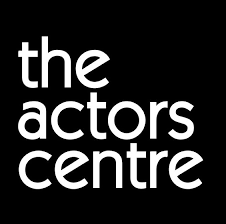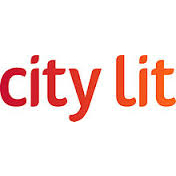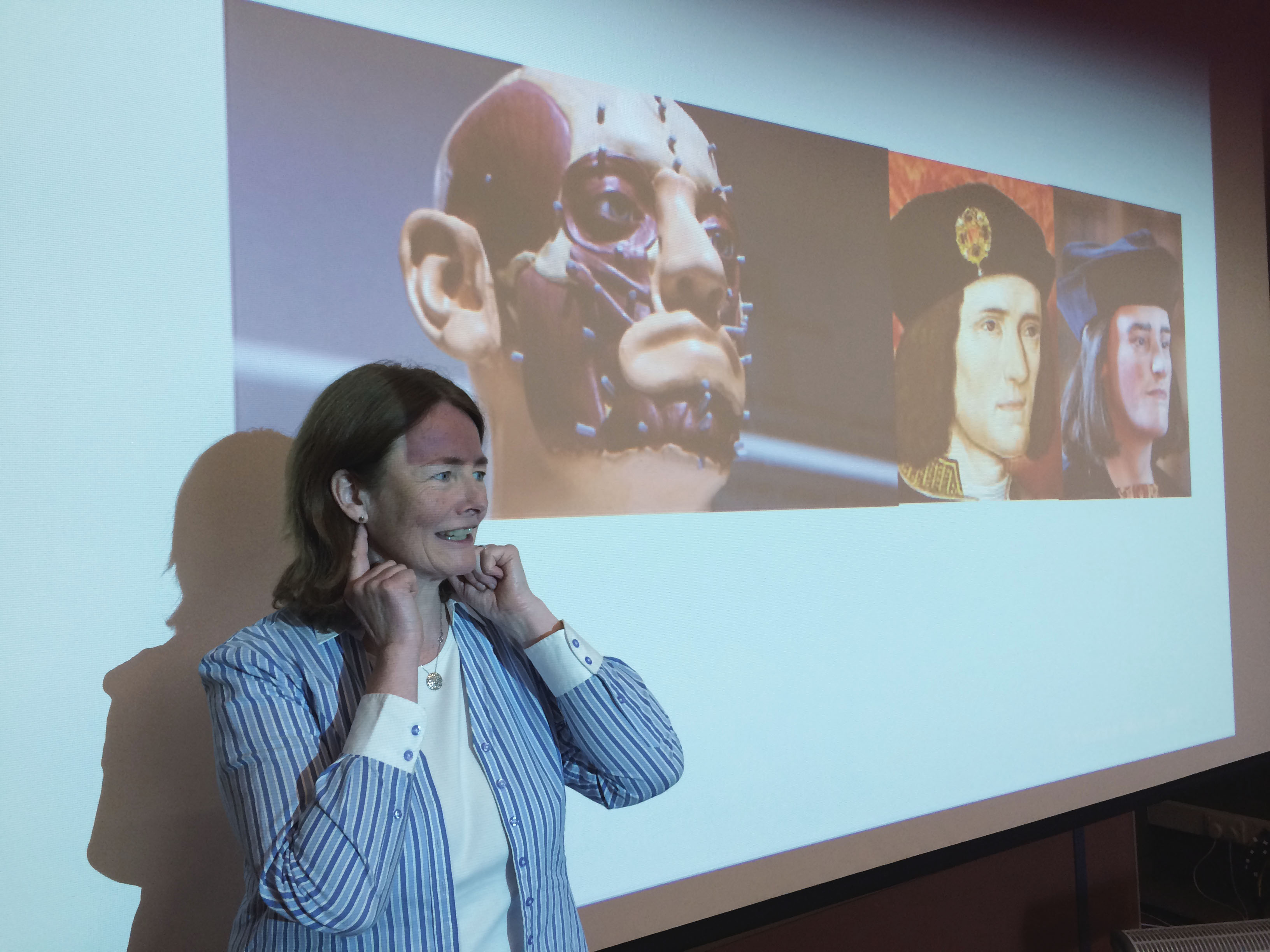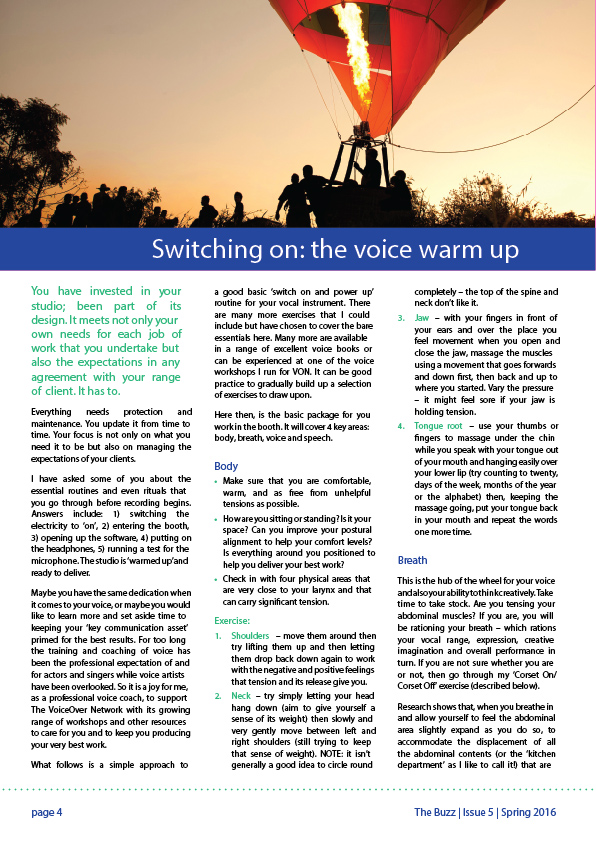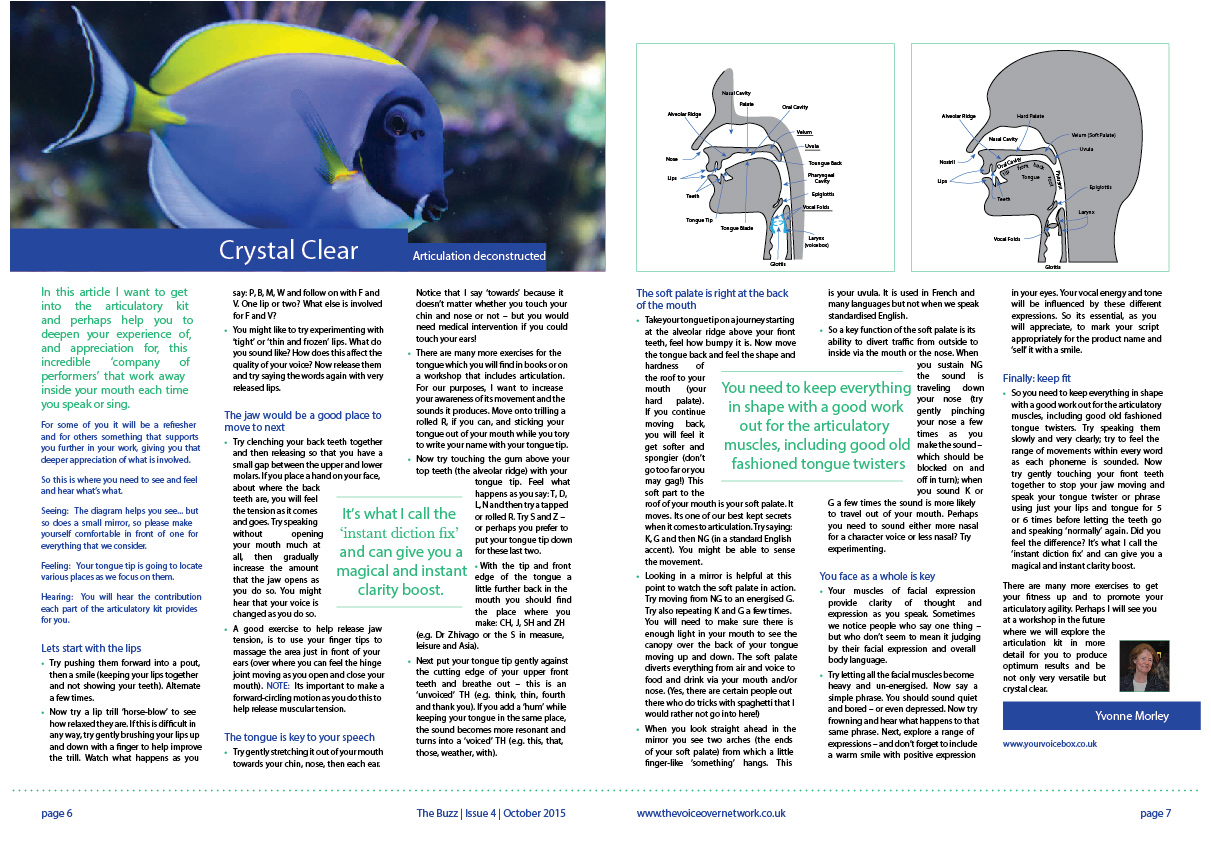Introductory Sessions / Day Courses For Professions
1. Vocal gravitas and personal impact:
developing authority in the voice by understanding and exploring vocal tone, personal presence and effective communication. Identifying areas to be strengthened and experiencing change within the session.
2. Crossing the Bridge:
understanding and exploring the communication bridge that covers the divide between speaker and listener. How to adapt to different situations, different audiences (from one to thousands) and achieve a lasting impact.
3. Powerless or Powerful Language?
understanding the phrasing, word choice, additional sounds and “fillers” that help or hinder, weaken or strengthen vocal communication. Drawing from examples in the public arena – historical/ present day- in order to adapt to a wide range of interactions and situations.
4. Your voice - your choice?
how does the voice work? how to keep it healthy? how to develop it to sound the way you would like. what are the things that attract or even repel us in other people’s voices? this will include an understanding and exploration in finding vocal variety and authentic credibility.
5. “I don’t quite understand ....” exploring and enhancing clarity.
understanding and exploring the various elements that help or hinder clarity of speech and thought. How to adapt to different situations and get the message across. It will include articulation, accents, physical and facial expression, vocal tone, vocal health among other factors.
6. “Can you hear me at the back?”
understanding and exploring audibility, clarity, acoustic challenges in different spaces. Understanding “interferences to listening” . How to “project” your voice. Vocal stamina.
7. Voice and health in a nutshell
how does it work? what are the factors that help or hinder its function? why does the human baby seem to never lose its voice while most adults suffer on and off with sore throats and reduced vocal impact? various factors will be explored including the obvious and not so obvious: foods? drinks? medications? environment? physical posture? how we breathe? and much more ….
8. Accents and working with difference
We all speak with an accent. Our “music” is different from those who speak from other language or culture bases. Why is it that we are drawn by the charming qualities in some which compel us to listen, while others seem to create cultural “clashes”? What makes the music different? Can we reach a better understanding of the human response to accents and use this to build stronger working relationships?


